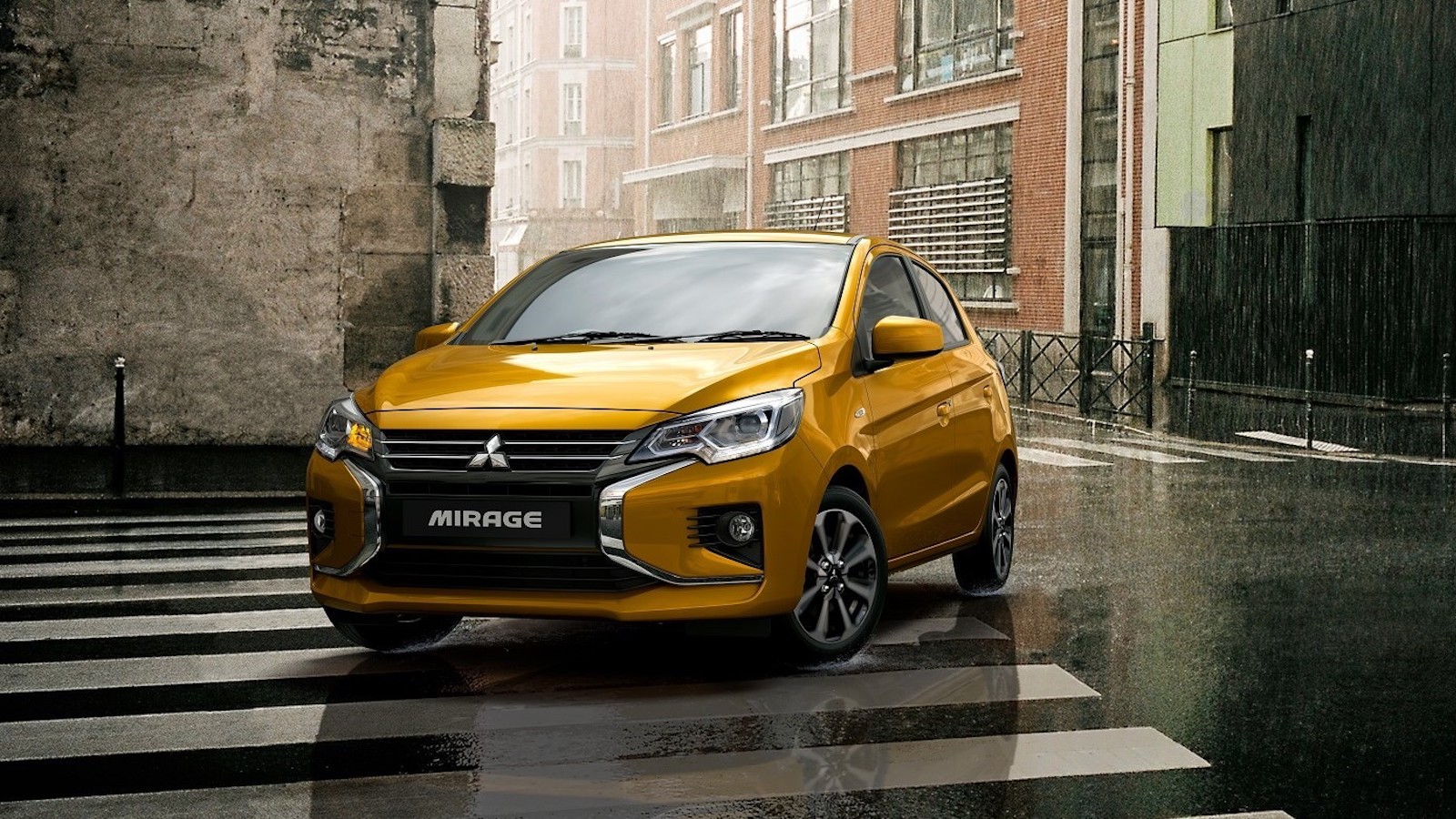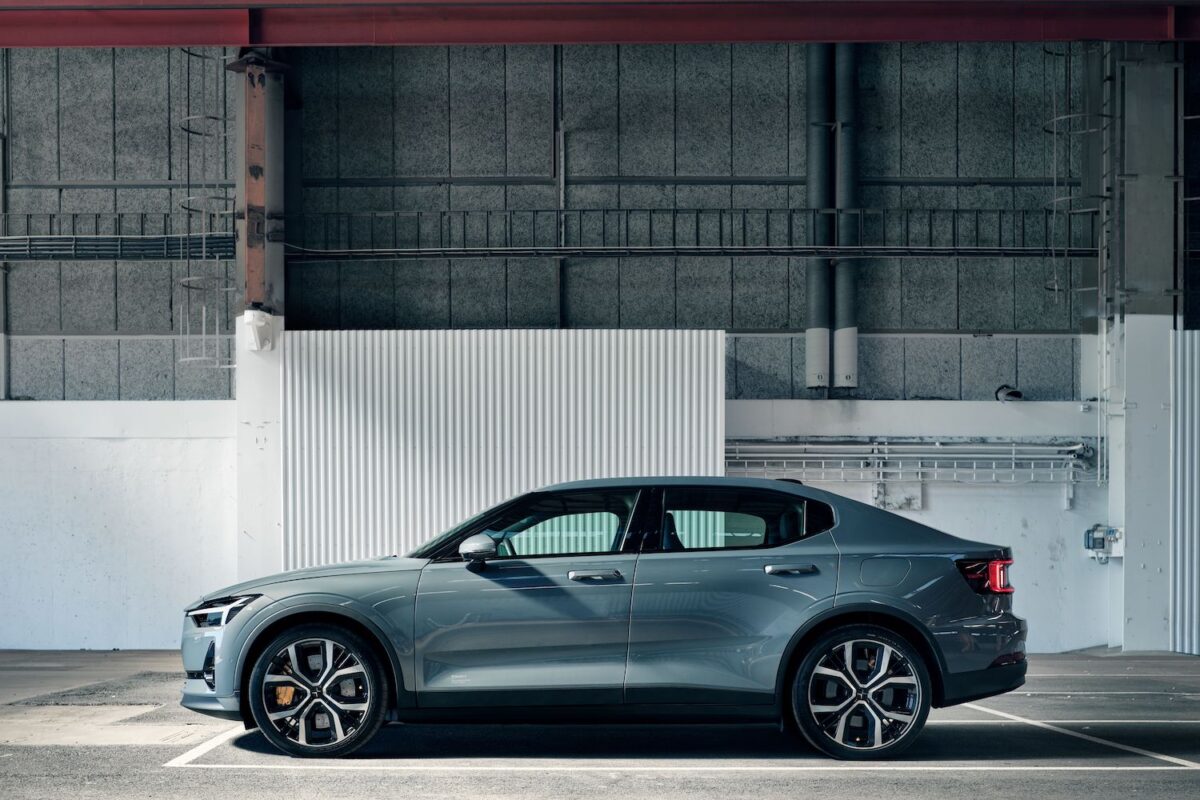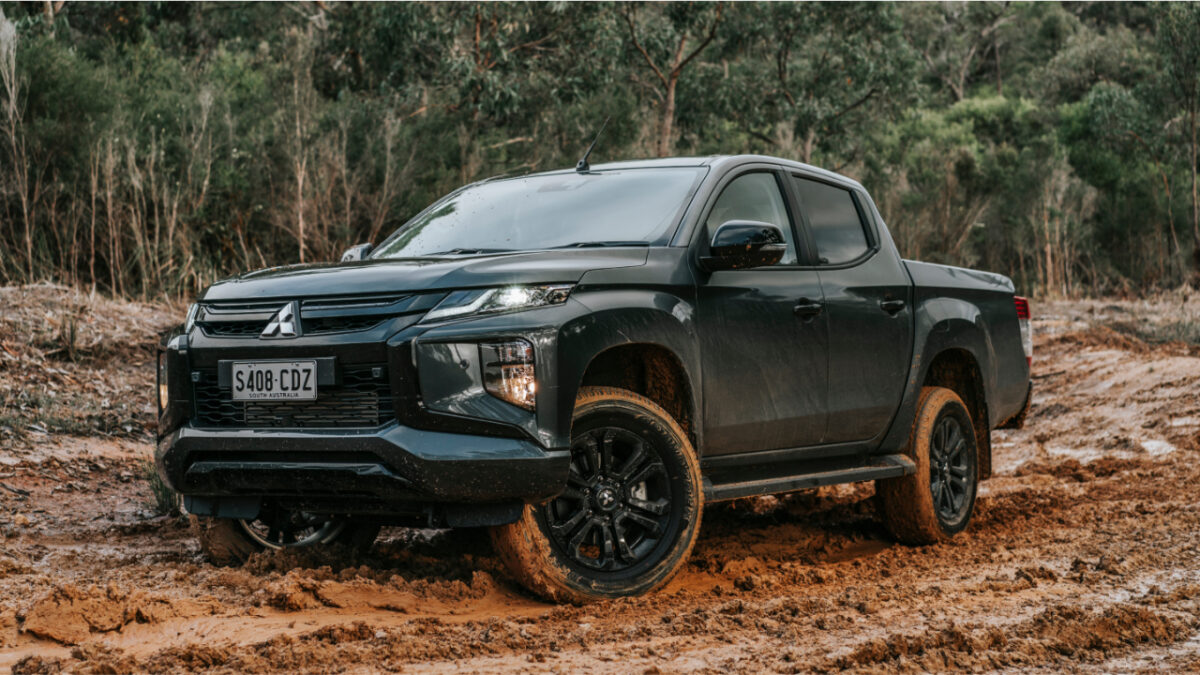
Mitsubishi Motors has been on the decline for years, but they seem to be making one bad decision after another.
First, they discontinued the Lancer Evolution, their ‘halo car’ and one of the most beloved affordable performance cars ever made. Then, they discontinued the Pajero, their amazing, Dakar Rally-conquering 4×4. Now, Mitsubishi Australia is discontinuing their passenger car range altogether in what feels like yet another bewildering decision from a brand that’s on the ropes.
“We do believe that passenger cars are history,” Mitsubishi Motors Australia boss Shaun Westcott told CarsGuide earlier this week, as the once-great brand announced there’ll be no successor to the Lancer sedan or Mirage hatchback (currently Australia’s cheapest new car) offered Down Under. Instead, Mitsubishi will focus on SUVs.
Westcott has suggested that the Lancer nameplate could return – but most likely on an SUV, like how they slapped the Eclipse name on the Eclipse Cross or the Pajero name on the Pajero Sport.
“Lancer is a valuable nameplate, we will hold onto Lancer, but it’s unlikely that we’re going to see passenger cars in the future…
“I just think they are dead, and that’s not just Mitsubishi… Just look at the market, look at the trends, the world has moved past that.”
Shaun Westcott

But is Westcott right? Are passenger cars truly dead, or has Mistubishi Australia got things wrong? Is this just spin, justifying ailing sales and average products?
While Mitsubishi continues to produce some truly decent vehicles such as the Triton ute and the Outlander PHEV, there’s a broad consumer perception that the brand’s offerings in the West are a bit boring and unrefined.
It’s undeniable that the big thing in cars over the last two decades has been SUVs (and in Australia, dual-cab utes) – and demand for these types of vehicles remain incredibly strong – but as electric vehicle technology becomes more and more mainstream, there’s a good chance we’ll see a move back to hatchbacks and sedans.
The ‘skateboard’-like battery structure of purpose-built EVs tends to suit sedans and hatchbacks better than it does high-riding SUVs. Indeed, one only has to look at the top-selling EVs in both Australia and around the globe to see it’s those sorts of cars that are resonating with consumers: the Nissan Leaf, the Tesla Model 3, Hyundai’s Ioniq models…
RELATED: China’s ‘People’s Tesla’ Overtakes Elon’s Model 3 As Best Selling Electric Car
It’s also a bizarre thing for Westcott to say when many of Mitsubishi’s best-selling cars globally are indeed small passenger vehicles, like the eK kei car – but that’s a whole other story…

Mitsubishi’s decision to abandon the performance/enthusiast market is also a shame and could be the cause. of some of their sales woes. Sure, most car brands don’t tend to make a lot of money selling those sorts of cars, but the halo effect means a lot… And there’s still plenty of demand for fast passenger cars.
Think about it: why do other affordable Japanese brands like Nissan, Toyota and Mitsubishi’s rallying rival Subaru continue to invest in new enthusiast vehicles?
And it’s just a fact: SUVs are an inferior starting point for performance models compared to traditional passenger cars, so if that’s all you’ve got, you’ll suffer. As Carsales‘ Editor-in-Chief Mike Sinclair has told DMARGE, “SUVs are inherently not as high-performing… At the end of the day, a lighter, lower hatch will always outperform a higher-riding SUV.”
RELATED: Australia’s Small SUV Obsession Might Spell The End Of Affordable Performance Cars
To an extent, it’s a ‘damned if you do, damned if you don’t’ situation. Either invest a lot of money in enthusiast vehicles (which are expensive to develop) for questionable returns or stop making them and then your brand image suffers.
We guess you could make the same argument for passenger cars now too – although at least SUVs, crossovers, utes and commercial vehicles continue to sell very well.

Mitsubishi isn’t the only car brand trying to ditch passenger cars in favour of an SUV-only or dominated lineup Down Under. Ford Australia, for instance, only offers performance variants of the Fiesta and Focus, which are both facing discontinuation here – leaving only the Mustang, which isn’t really a passenger car, as the only traditional car in their lineup.
RELATED: Australian Car Dealers Are Taking The P*ss Right Now
Our take? SUVs and crossovers will continue to dominate Australian roads for at least another decade, but as EVs become more and more mainstream, we might see traditional passenger cars like sedans and hatchbacks make a comeback.
Plus, as our cities get more and more congested and fuel gets more and more expensive, we might see punters ditch their big and bulky SUVs for smaller, more fuel-efficient passenger cars… Watch this space, we say.
Whilst we’re here reminiscing about Mitsubishi’s glory days… Watch our 60-second history of the Mitsubishi Pajero below.Read Next
- American & Japanese Car Makers Are Going To Be Left Behind By China
- World’s Coolest Classic 4WDs You Could Ever Own
The post Mitsubishi Is Giving Up On Cars. Here’s Why That’s A Bad Move appeared first on DMARGE.

0 Commentaires